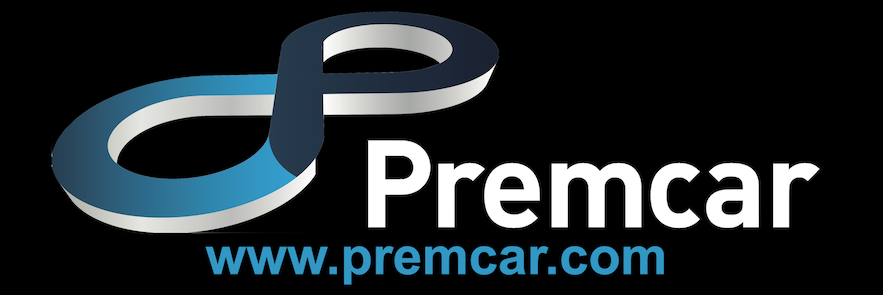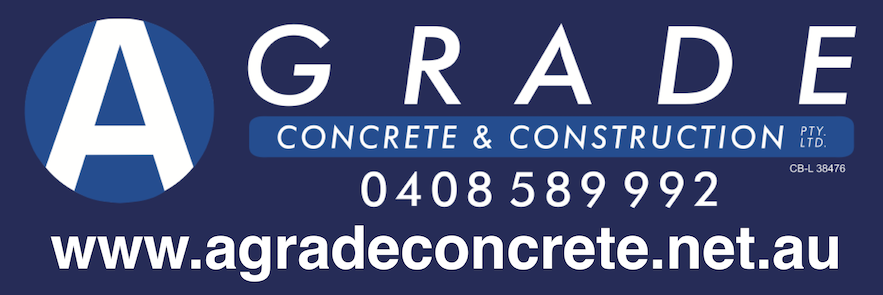The following is the cover email received from the General Manager of AFLVM
Vic Metro have been constantly requesting guidance from the AFL about a Transgender Policy.
We have been informed that the Policy has been written, but is awaiting approval from Their Board.
Our League made a commitment to have a policy in place for 2020, so the Executive Directors and Football Department have drafted the attached Permit for the immediate future.
Your Club can now register Transgender Players, subject to them reading and agreeing in writing to the attached Permit conditions.
The following is the guidelines received from AFLVM:
AFLVM Guideline for the inclusion of transgender and gender diverse people in AFLVM gender specific matches
Introduction and Background
In 2019, the AFL Masters Victorian Metropolitan Superules Football League Inc and affiliated clubs (AFLVM) received a formal request from one of its competing clubs to issue a permit for a transgender club member to play in the Women’s competition.
The request highlighted that the AFLVM need to implement guidelines to clubs on how we can be inclusive of transgender and gender diverse people while also protecting the health and safety of all players and the AFLVM values underpinning footy for fun.
AFLVM declined the player a permit for the remainder of the 2019 season pending the development of an appropriate AFLVM rule for the 2020 season and beyond at which time AFLVM would review the player’s request.
In 2019 the Australian Human Rights Commission (AHRC), Sport Australia and the Coalition of Major Professional and Participation Sports (of which the AFL is a member) (COMPPS)issued Guidelines for the inclusion of transgender and gender diverse people in sport (the Guidelines). For ease of reference, this publication can be found on the AHRC’s website at https://www.humanrights.gov.au/our-work/publications.
The AHRC Guidelines are all encompassing and the AFLVM and our clubs already generally comply relating to inclusion of transgender people in a non-discriminatory way.
This guideline will focus only on the question of whether a transgender person should be issued with a permit to play in a team of their choosing.
AFLVM Position in Principle
The AFLVM in developing rules for the inclusion of transgender and gender diverse people in AFLVM gender specific matches will have regard to the following Principles:
- As much as possible align the AFLVM position with that of the policies and guidelines adopted by the AFL from time to time
- To comply with its legal obligations under the federal Sex Discrimination Act 1984 (Act)
- To maximise the inclusion of transgender and gender diverse people in our game.
- Protect the health and safety of all players
- Adhere to AFLVM values underpinning footy for fun
With AFLVM 2020 season upon us and with the AFL “Community” Football transgender policy release further delayed, the Board proposes an interim permit be issued to transgender and gender diverse people wishing to play in the team of their choosing subject to the following criteria being met:
- The applicant meets the minimum age requirement (i.e. 35 years or older in the season in which the permit is sought) to register as an AFLVM player.
- The applicant acknowledges and accepts that some clubs may not have appropriate facilities (change rooms, showers, toilets etc) in place and some compromise may be necessary to accommodate all players’ needs.
- The applicant acknowledges that the AFLVM places footy for fun and the health and safety of participants ahead of winning and this is reflected in the modified rules, harsh penalties for unfair play and encouraging a culture of inclusion and social engagement.
- The applicant acknowledges and accepts the Board reserves the right to assess each application individually and on its own merits based on the attached Application Form.
The AFLVM wishes to ultimately establish rules and criteria for determining eligibility of transgender and gender diverse people wishing to play in the AFLVM that are consistent with the AFL and community football generally. Therefore, it reserves the right to amend this interim guideline in the future including how eligibility may be assessed.












 RSS Feed
RSS Feed